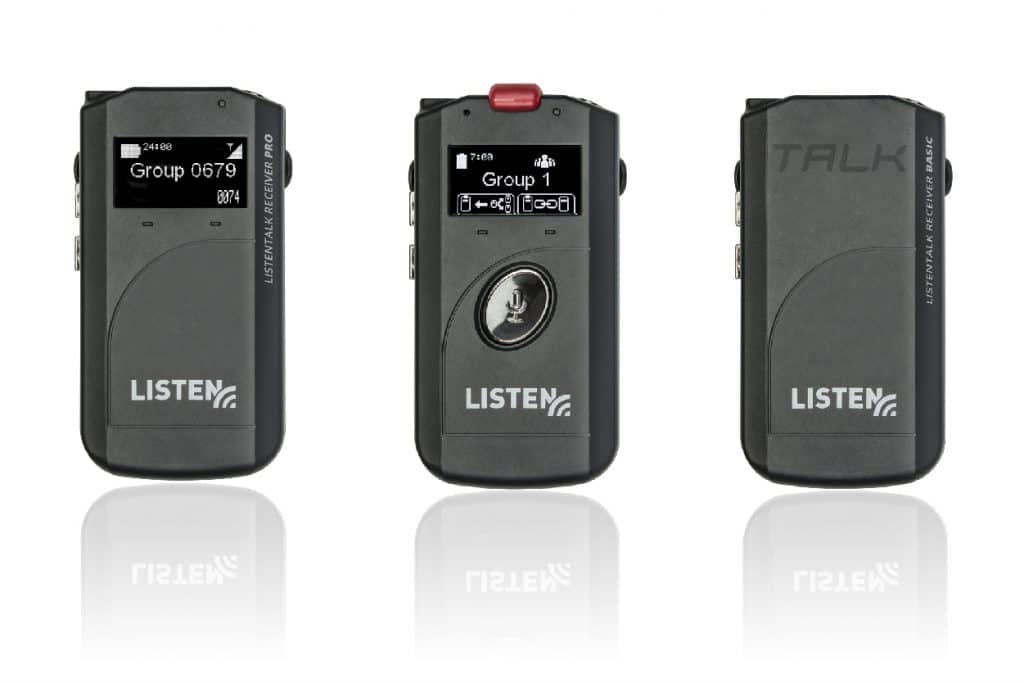Imagine going through high school and never being able to hear someone whispering in your ear, or whispering about you for that matter. Or being a middle-schooler with a voice so high-pitched you sound like a cartoon character. Kids laugh at you and call you Minnie Mouse. There are worse things that can happen to a person, but these things and the grander discrimination against individuals with hearing loss sting and stick with a person.
That’s why the
Hear the World organization is so intent on raising awareness about the disability of hearing loss, in all its shapes and forms and why today, a group of eight students between the ages of 17 and 22 all with varying levels of hearing ability (some of the students have never had hearing loss and some were born with severe hearing disabilities) boarded planes from points across the United States to meet in the Peruvian jungle tomorrow and experience the sounds of the Amazon.
This expedition to Peru, in partnership with
Global Explorers, is bringing these students of mixed hearing abilities together in an environment where sound, and preservation of sound, is a way of life, to learn from one another by learning to use adversity to their advantage, and in turn, becoming the next generation of Hear the World sound ambassadors. By making sound a central part of the trip, they hope to convey the important role that sound and hearing plays in our daily lives and the need to protect it — for those with and without hearing loss.
Jentry Taylor (left), 22, was born with severe-to-profound hearing loss. She says it took her about seven years to finally find a best friend who loves her and accepts her for who she is, disability and all. People come up to her all the time and ask if she knows sign language. She doesn’t. It isn’t a stupid question; they just don’t know what else to ask.
A few years ago, Jentry was nominated to go on an Outward Bound trip. She was rejected because of her hearing disabilities, but after reapplying twice she got in. She calls it the best experience of her life so far, but thinks that the coming week may top it.
Today with two cochlear implants (a surgically implanted electronic device sometimes called a bionic ear), Jentry’s hearing is nearly normal but she hopes the trip will help her to meet and interact with people who don’t understand that people with hearing loss aren’t second class citizens.
“Millions of people don’t know how to cope with hearing loss and going on this trip will show people that people with hearing loss of some degree can learn to listen and talk,” Jentry explains.
Leading the students is Bill Barkeley (right), one of 15,000 people in the US and 100,000 in the world with Usher’s Syndrome (Type 2), the leading cause of deaf-blindness in the world. Bill summited Mount Kilimanjaro in 2007 shattering expectations and confirming his role as an advocate and inspiration for the hearing loss community. Bill will be accompanied by his son, Brian Barkeley, a 20-year-old Michigan State University student. The pair hopes that their experience will be a catalyst to help further educate their community about hearing loss: what can be done to prevent it and the solutions available to treat it.
Bill’s disorder leads to increasing levels of deafness and blindness throughout his life. When he set out to conquer Kilimanjaro, he wanted to create new seeing and hearing memories. He has the same objective for the Amazon.
Also joining the crew is Katy Warner an acoustic technician with the
Natural Sounds Program of the US National Park Service who will lead multiple activities to educate students on the role of sound in our lives and the need to protect those sounds, much like all other natural resources. This will include an audio scavenger hunt, a night hike through the jungle to listen to animal sounds and a visual analysis of sound.
“We want to encourage the students to think about sounds in new ways and experience sound in the natural environment,” Warner, who formerly studied the acoustics of bat communication explains.
One in every six people worldwide is affected by hearing loss. It’s about the same amount of people in the world who own a car. As the population ages — and noise pollution in the world increases – more and more people will be losing their hearing. It is estimated that the number of those affected by hearing loss will rise to around 1.1 billion by 2015.
Hearing loss isn’t just a physical disability. It can also cause extreme anxiety, depression, isolation and low self-esteem in those affected. “With kids of mixed hearing abilities on this trip, we want to make them aware of hearing challenges and train the next generation to be hearing loss advocates and make a better world by helping people to understand what these people face every day,” Barkeley says. “I met with these kids in Colorado already and they have a lot of pain, but they aren’t bitter about it. They want to make the world a better place.”
Gary Quenzer (left), 17, knows about the pain and isolation that comes with hearing loss. He wears two hearing aids and spends as much time as he can surfing, because he says, in the water, no one stares at his ears.
“I walk the halls [of my high school] with 2,000 hearing peers, yet I walk alone. They are ‘nice’, but ‘nice’ stops at the door and does not call on the weekend to just hang out. I am different, therefore I feel isolated most of the time in school,” Quenzer says. “When I am surfing I don’t look any different. My hearing loss is not visible in the water and I am accepted. Needless to say, I would rather be surfing than in school with all those ‘nice’ kids.”
Olivia Johnson, 18, has no personal experience with hearing loss, but she is looking forward to opening her mind and the minds of others when she returns.
“I have very little experience on the topic of hearing loss. That is why I know it will affect me very strongly and make me more aware of the topic,” Johnson says. “I hope to gain some major leadership skills, experience the rainforest, change and challenge my perception of the hearing disabled. And to learn some new and amazing things that really affect my decisions down the road in a positive way.”
And rounding out the expedition is me, Tonic reporter Jo Piazza. My father began experiencing hearing loss due to muscular dystrophy about five years ago and now he hears with a cochlear implant. He calls it his “cyber ear.” I have watched as he has adjusted to his new disability and I know that my experience in the Amazon will help me to be a more sympathetic listener for him. Throughout the next nine days, I will be sending dispatches from the jungle and watching and chronicling as these students have the experience of a lifetime.

